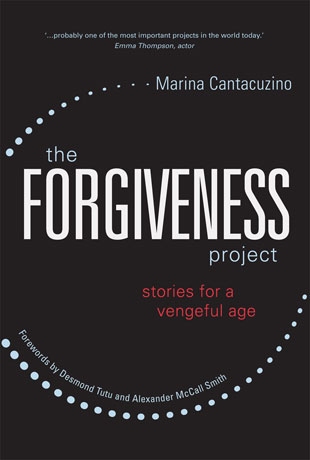"So when people forgive appalling acts of cruelty, it is not the offence they forgive but humanity itself for failing. They empathize not because they tolerate the wrongdoing but because they have compassion for people with twisted minds hell-bent on cruelty, what Shakespeare describes as 'ruined pieces of nature'. And somehow they are able to stand in these dirty shoes and imagine something of what it is like to be born with such aberrant compulsions. Certainly justice means that once caught and convicted these perpetrators of evil acts must be locked away — but many will ask, are they deserving of compassion too? Can these so-called 'animals' and 'monsters' ever be candidates for redemption? I would argue that if they are simply a manifestation of an external evil force separate from the rest of us, then the answer has to be no. But perhaps evil in this sense means that something has gone badly wrong, that they have been brutally brainwashed or their mind has been wired defectively (whether a fault at birth or a trauma in childhood), giving such individuals a limited capacity for remorse, little emotional awareness and no ability to distinguish right from wrong. Remorse in this sense is, simply a muscle that has never been exercised and therefore has no function or power. Empathy doesn't mean feeling sorry for someone or having pity; it simply means having the ability to put yourself in someone else's shoes, no matter how soiled and sordid those shoes may be."
The Forgiveness Project Stories for a Vengeful Age
The role empathy plays in the forgiveness of terrible acts of violence.
